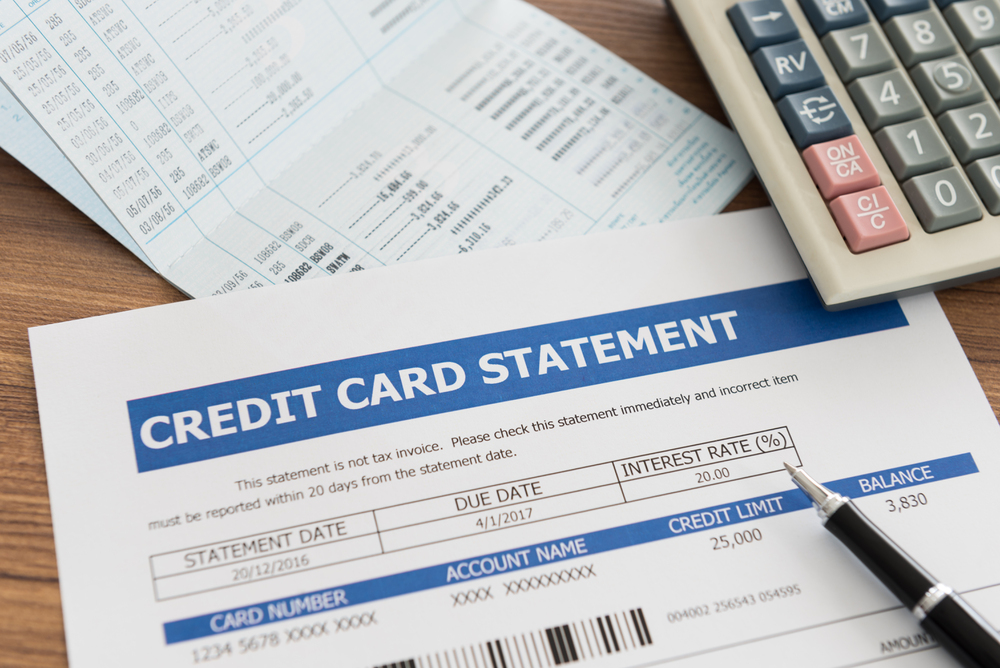An invoice due date is the specific deadline by which a payment must be made for goods or services rendered. It is a critical component of an invoice, helping businesses and clients maintain clarity regarding payment timelines. Properly defined due dates improve cash flow, ensure timely payments, and minimize misunderstandings in financial transactions.
Purpose of an Invoice Due Date
The invoice due date serves several essential purposes, including:
- Payment Deadline: Clearly communicates the latest date for fulfilling payment obligations.
- Cash Flow Management: Helps businesses predict and plan incoming revenue.
- Avoiding Late Payments: Sets expectations and reduces the likelihood of payment delays.
- Legal Compliance: Ensures documentation aligns with standard accounting and contractual practices.

How is the Invoice Due Date Determined?
The due date is typically calculated based on the payment terms agreed upon by the parties involved. Payment terms specify the number of days after the invoice date within which payment should be made.
Common Payment Terms
- Net 7, Net 15, or Net 30: Payment is due within 7, 15, or 30 days of the invoice date.
- Immediate Payment: Payment is expected upon receipt of the invoice.
- Specific Date: A fixed calendar date for payment, often agreed upon beforehand.
- You might also like to read about - Past Due Invoice.
Importance of Including a Due Date
An invoice due date is a vital element of any professional invoice for the following reasons:
- Clear Communication: Reduces confusion about payment expectations.
- Strengthens Professionalism: Enhances the credibility of the invoice by showing attention to detail.
- Improves Collections: Encourages timely payments and reduces overdue balances.
- Minimizes Disputes: Serves as a reference point in case of payment delays or disagreements.
Handling Late Payments
If a payment is not received by the due date, businesses can take the following actions:
- Send a Payment Reminder: Politely remind the client of the overdue payment.
- Charge Late Fees: If specified in the payment terms, add a penalty for delayed payments.
- Negotiate New Terms: Work with the client to set a revised payment schedule if necessary.
- Escalate the Issue: Use legal or professional collection services as a last resort.
How to Include a Due Date on an Invoice
Follow these tips to ensure the due date is clear and professional:
- Position Prominently: Place the due date near the invoice date or payment terms section.
- Use Clear Language: Use phrases like “Payment Due By” or “Due Date” for clarity.
- Highlight If Necessary: Use bold text or a different color to draw attention to the due date.
- Match Payment Terms: Ensure the due date aligns with the agreed-upon payment terms.
Conclusion
An invoice due date is a simple yet crucial element that helps ensure smooth financial transactions. By clearly specifying when payment is expected, businesses can improve cash flow, foster professionalism, and reduce disputes. Whether you’re a small business owner or a large enterprise, paying attention to due dates can significantly enhance your billing processes.





